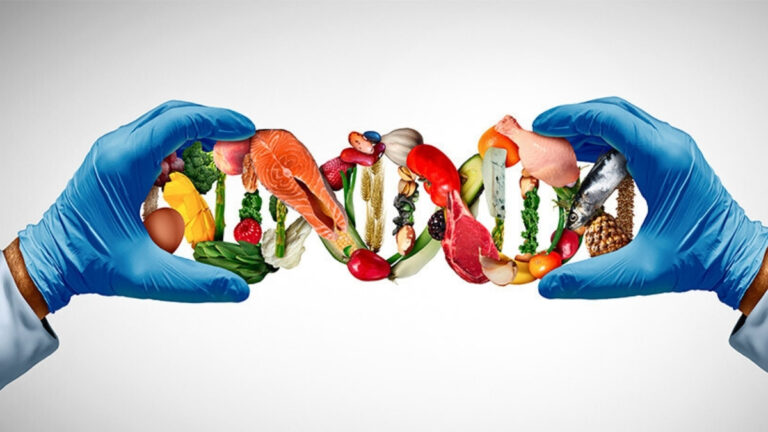The Single Most Overlooked Habit That Adds More Years to Your Life Than Exercise
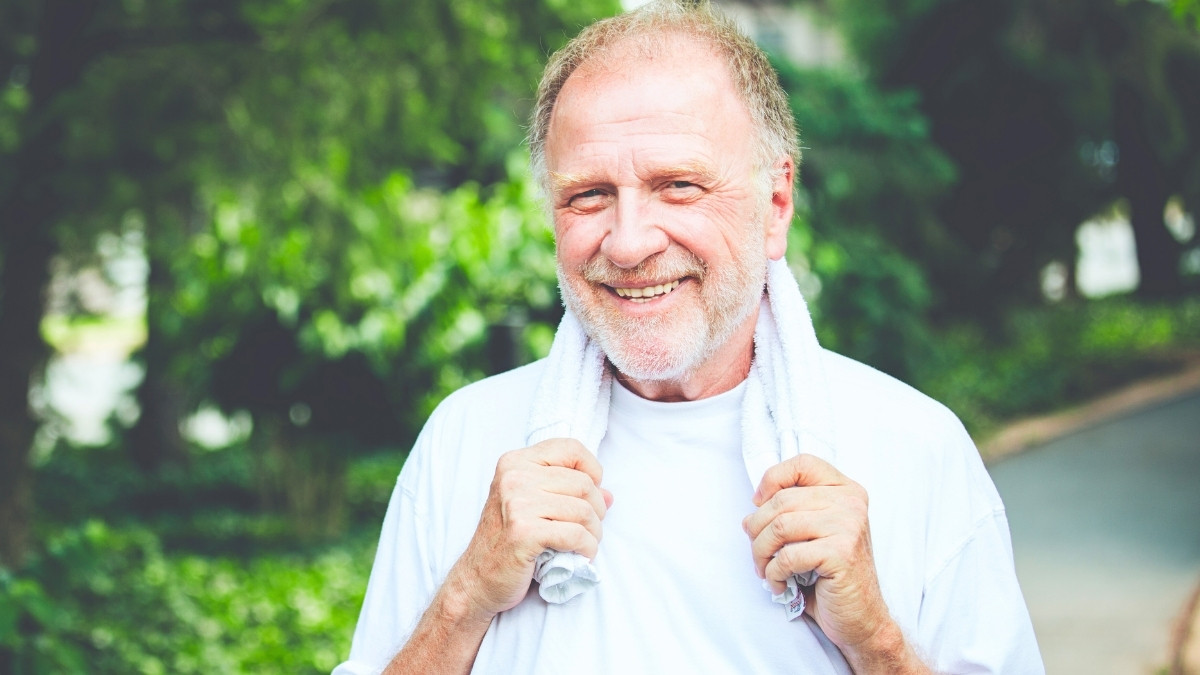
While you’re counting steps and tracking macros, the single most powerful predictor of how long you’ll live might be sitting right across from you at dinner.
You focus hard on diet and exercise. You might feel like you’re doing everything right but still missing something. That missing piece might be your social health.
The link between social connections and longevity is real. Strong bonds give you a 50% better chance of survival. This effect on your mortality risk is bigger than the risk from obesity. It’s even comparable to quitting smoking. We’ll show you science-backed ways to build bonds and improve your health outcomes and lifespan.
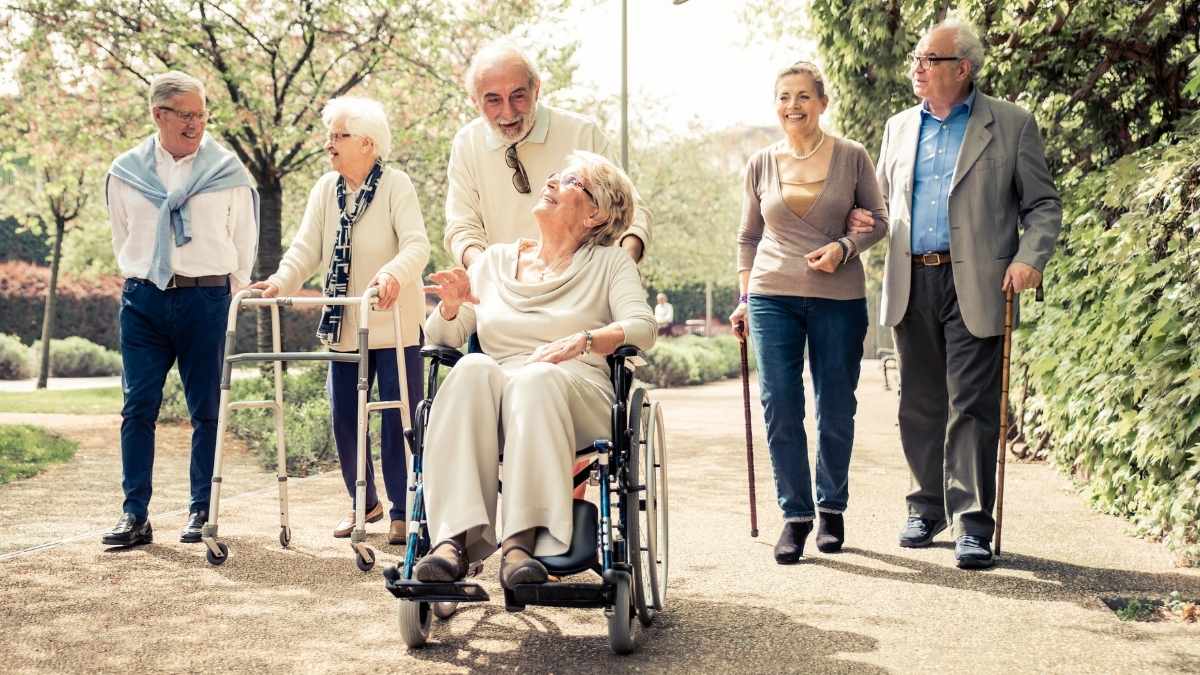
🫶 The Science of Social Connections & Longevity
Click each block to discover life-changing insights
- Meta-analysis of 300,000 people confirms this dramatic effect
- Impact is BIGGER than obesity risk on mortality
- Comparable to quitting smoking in terms of health benefits
- Strong social support = literally life-saving
- High social activity adds years comparable to regular exercise (5.3 years)
- Blue Zone residents live past 100 with constant companionship
- Quality relationships slow biological aging at cellular level
- It’s not just years—it’s quality of life
- Social isolation increases premature death risk by 48%
- Lonely people have 71% higher odds of poor health
- Modern lifestyle: more single households, digital paradox
- Pandemic worsened existing disconnection crisis
- Reduces chronic inflammation (slows aging)
- Lowers blood pressure better than some medications
- Decreases C-reactive protein (inflammation marker)
- Reduces cortisol (stress hormone)
- Boosts immune system via oxytocin & dopamine
- Helps prevent diabetes and heart disease
- Active Listening: Put phone down, make eye contact
- Routine Connection: Weekly dinners or regular calls
- Join Groups: Clubs, classes, community activities
- Volunteer: Service benefits your health too
- Be Vulnerable: Share small worries, build trust
- Quality > Quantity: Depth matters more than numbers
- Strong Ties: Close friends, family—deep emotional support
- Weak Ties: Neighbors, classmates—diverse perspectives
- Both types offer different health benefits
- Harvard: Workplace support also lowers mortality
- Meaningful > numerous: Depth beats breadth
🎯 Your Action Plan This Week
The Shocking Science: Social Connections Rival Exercise for Longevity
We all know exercise is key to a long life. But what if friendship mattered just as much? The science is clear: strong social connections can be just as powerful as physical activity for staying healthy.
A huge review of 300,000 people found that strong social support increases survival rates by 50%. This link between social relationships and mortality is serious. Being lonely isn’t just sad; it’s a physical health risk.
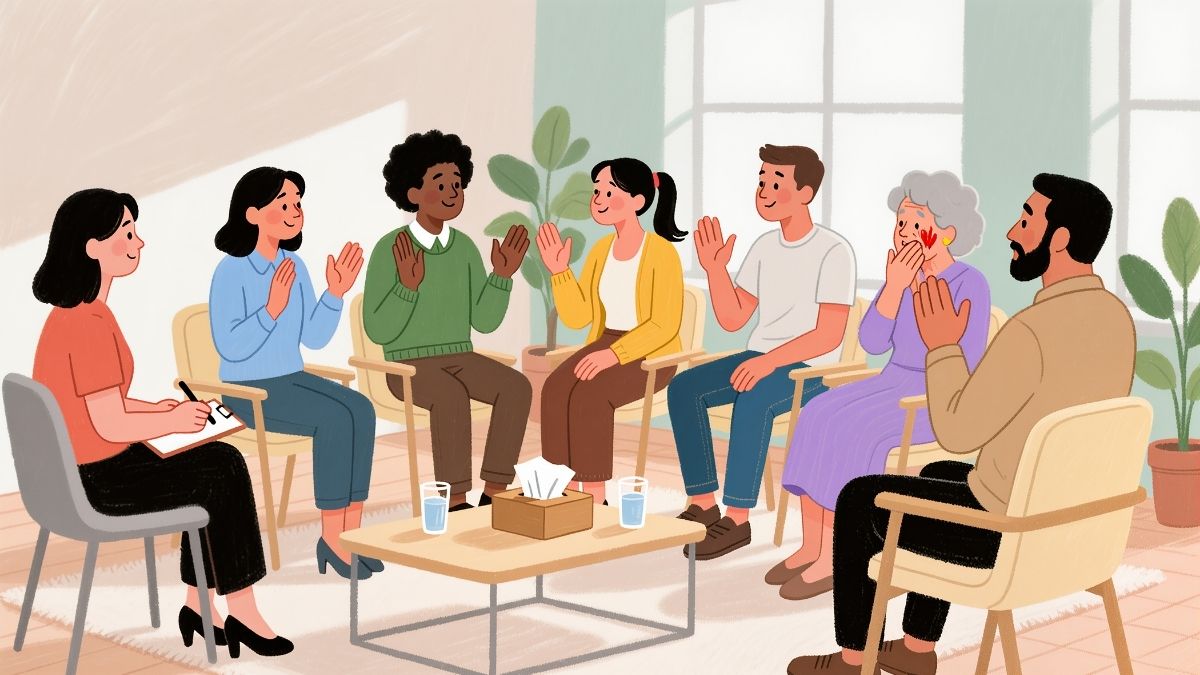
How does this work? It affects your biological aging. A 2025 Cornell study showed good friends slow aging at the cellular level by reducing chronic inflammation. In old age, isolation can raise blood pressure more than diabetes.
It’s not just about having friends; it’s about connecting. Harvard research found people who volunteer tend to live longer. Even simple socializing adds up. A study of 28,000 older adults found that more socializing meant a longer lifespan.

The evidence is clear. While high activity might add 5.3 years to life, social bonds have a similar impact. In “Blue Zones,” where people live past 100, constant companionship is a core part of their lifestyle.
Why Your Social Life Matters More Than You Think
You might see friends as just “nice to have.” But the science shows your social life is essential work for your body. It impacts your physical health just as much as diet or exercise.
When you connect with people, your brain releases “feel-good” chemicals like oxytocin and dopamine. These hormones boost your immune system. They also lower cortisol, your body’s main stress hormone, providing massive stress reduction.
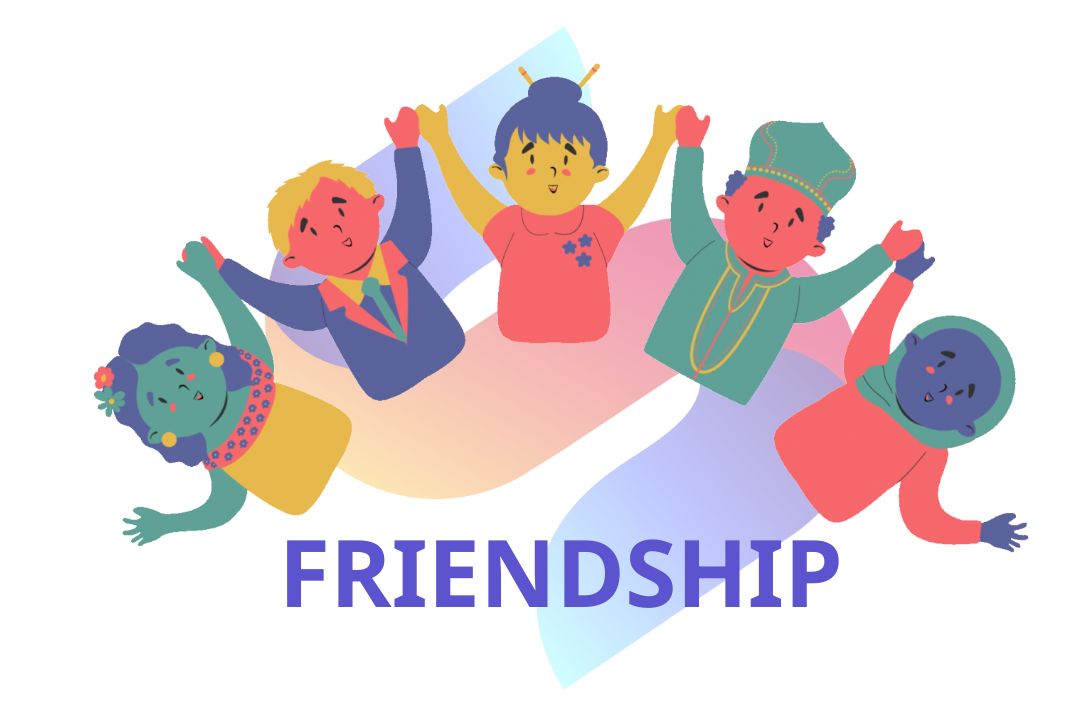
This has real-world effects. Good social support networks are linked to better health markers. This includes lower C-reactive protein (a sign of inflammation), healthier blood pressure, and even a smaller waist circumference.
One UNC study linked poor social ties to concrete risks. These included abdominal obesity and high blood pressure. These are the very markers that lead to heart disease, strokes, and cancer.
Strong relationships are key for chronic disease prevention. People with good support are less likely to develop conditions like diabetes or heart disease. It also helps your emotional wellbeing, acting as a buffer against depression and anxiety.
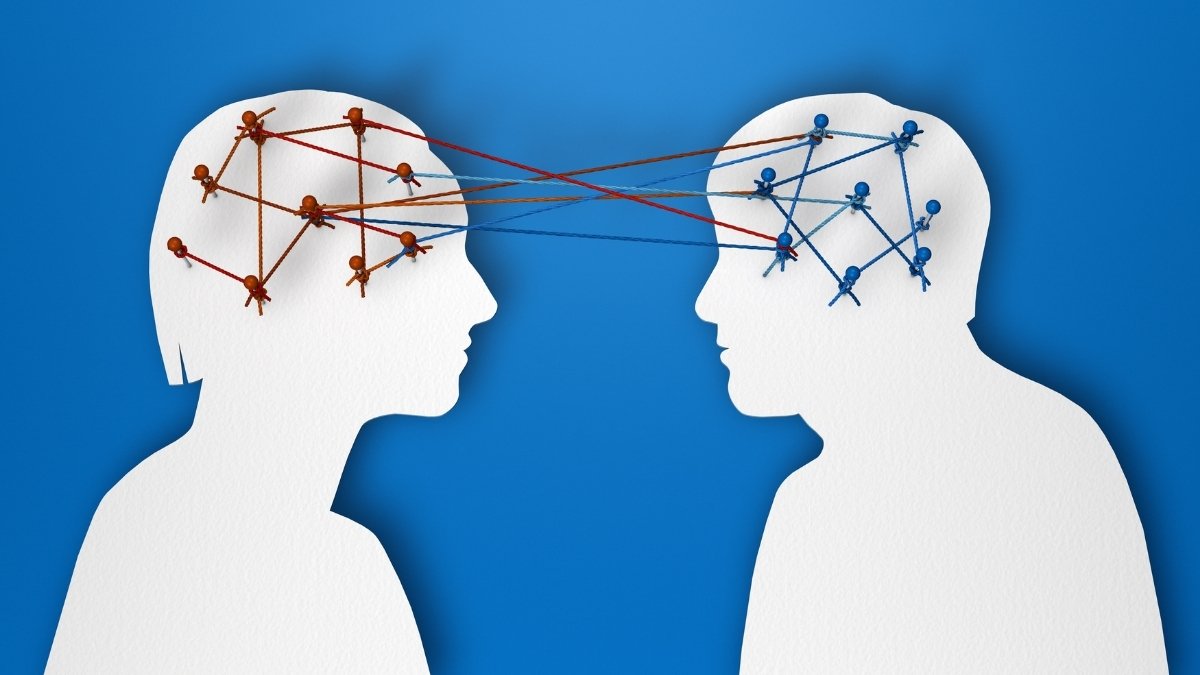
It’s not just about parties. Harvard research shows that workplace support and schedule control lower mortality rates. In the end, quality matters more than quantity. The depth of your relationships is what truly impacts your long-term health.
The Modern Loneliness Epidemic: What’s Actually Happening
Does it feel like people are more alone than ever? You aren’t imagining it. Researchers call this the “loneliness epidemic,” an alarm bell they’ve been ringing for a decade. The pandemic just made it worse, breaking connections and costing loved ones.
Our modern lifestyle is a big part of the problem. People live farther from family. More people live alone than ever before, with a sharp rise in single-person households.
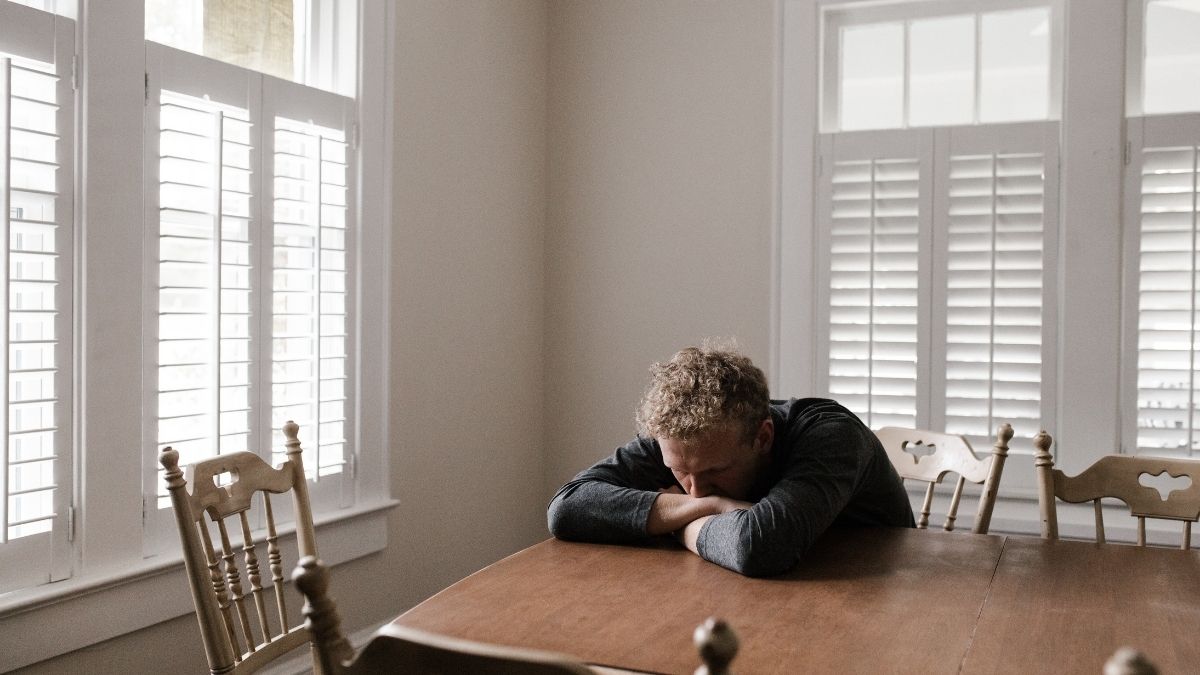
This creates a paradox with our digital connections. We have social media, but we often feel more isolated. Algorithms can feed outrage rather than build lasting friendships.
This social isolation is dangerous. Studies show it is linked to a 48% increase in the risk of premature death. Lonely people also have 71% higher odds of reporting poor health.
It is just harder to connect. We face real barriers like complex schedules, transportation issues, and the challenges of aging. These things get in the way of building real, quality relationships.
How to Build Life-Extending Social Connections in 2025
Knowing you need friends is one thing. Actually building social connections is another. It can feel hard, but small, simple steps work best.
First, put your phone away when you talk to people. Creating a device-free zone helps turn a quick “hello” into a real conversation.
Start with who is nearby. Say hi to neighbors on your daily walk. Making this a regular habit reduces the stress of planning big get-togethers.

Focus on high-quality, meaningful friendships. This means being responsive, supportive, and grateful. It’s not a numbers game; depth is what helps you live longer.
You need both “strong ties” (close friends) and “weak ties” (neighbors, classmates). Both types of relationships offer different kinds of support.
Try joining a group that meets regularly, like a class or club. This makes community engagement automatic. You can also just invite someone to do what you already do, like cooking or exercising together.

Finally, try to move past small talk. Ask real questions about feelings and experiences. This is how you strengthen relationships and build the bonds that matter for your health.
Practical Daily Actions That Add Years to Your Life
Building connections isn’t just one big event. It happens in small, everyday moments. These daily habits are simple but powerful.
One of the best skills is active listening. This means you put your phone down, make eye contact, and ask thoughtful questions. Pay attention to body language. If a friend who is usually chatty seems quiet, asking if they’re okay can make a big difference.
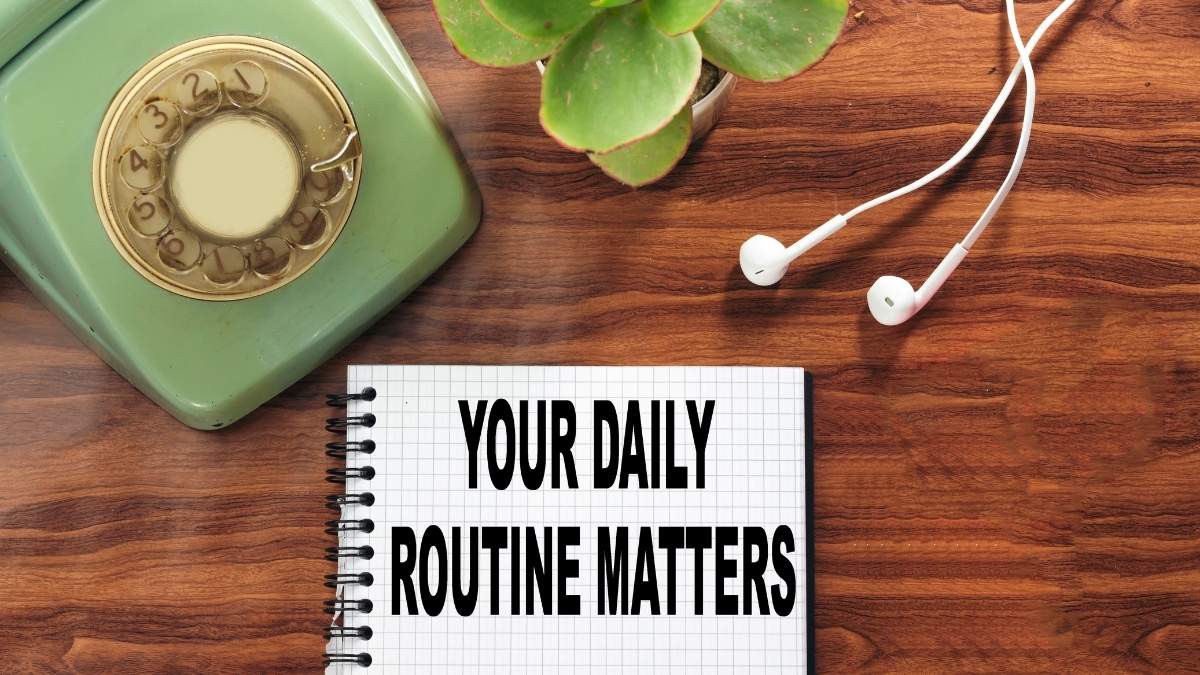
Make your connections a routine. Schedule a weekly family dinner or a regular call with a friend. Consistency is what builds the bond. This removes the stress of planning and makes connection automatic.
Giving to others is another great habit. Volunteer your time, give someone a ride, or help a neighbor. These acts of service are good for your health and are a natural way of relationship building.

Joining social activities works the same way. A book club, a music class, or a local group gets you interacting with people who share your interests.
Finally, practice being a little vulnerable. You don’t have to share your deepest secrets. Just admitting a mistake or sharing a small worry makes others feel safer and brings you closer.
When Professional Help Makes Sense
Sometimes building connections feels impossible. If you keep trying but feel stuck, professional support might be the answer. It is not a sign of failure; it is a smart tool.
Big life events—like a serious health issue, a divorce, or the death of a loved one—are very challenging. A professional can help you manage these feelings.
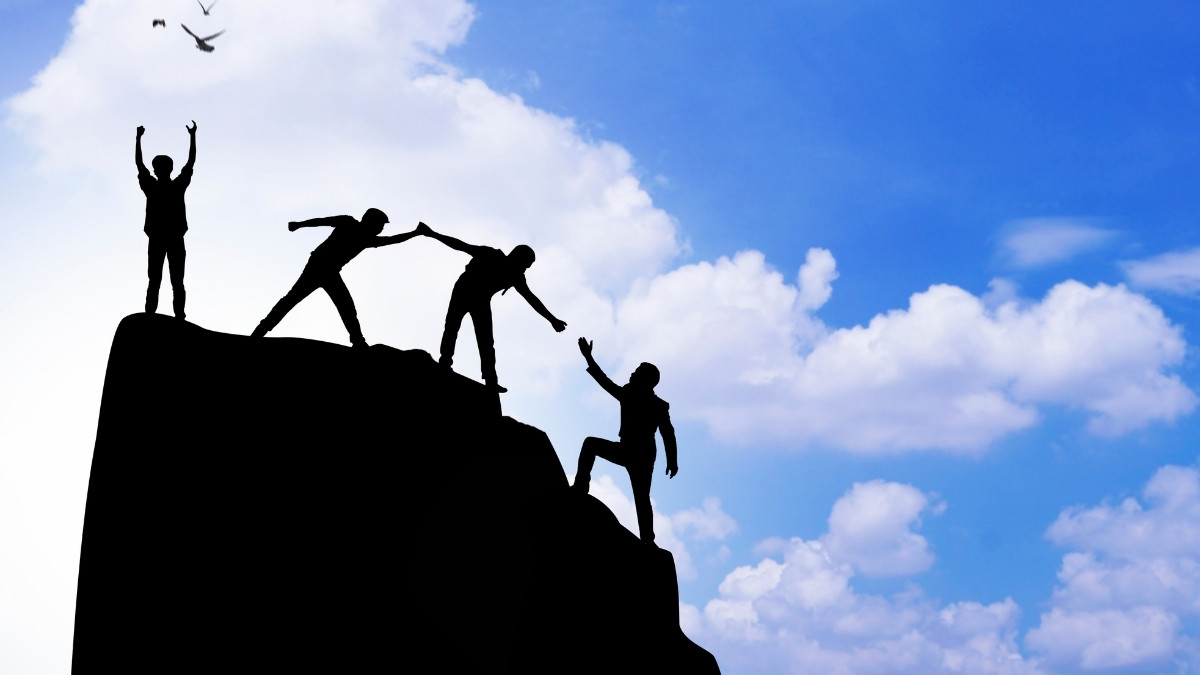
Social skills are skills. They get better with practice. But if deep social anxiety or past trauma gets in the way, practicing alone is extremely hard.
This is where therapy helps. A therapist can find patterns that stop you from connecting. They can address underlying mental health issues that make socializing feel scary.

Support groups also provide a structured setting. Group therapy combines professional guidance with peer support. In 2025, online options make getting help easier than ever.
Conclusion:
The evidence is clear: social connections boost your survival by 50%. That’s an advantage comparable to quitting smoking. Strong relationships change your biology, reducing harmful inflammation and slowing the aging process.
Modern life makes connection hard, but small actions overcome these barriers. You can start by putting your phone away or just talking to a neighbor. Quality time matters more than the number of friends.

This week, take one action. Call a friend you haven’t spoken to in months, invite a neighbor for coffee, or join one local group. Your future self—potentially living 5-10 extra years—will thank you.
Remember: building social connections for longevity isn’t just about adding years to your life. It’s about adding life to your years.




